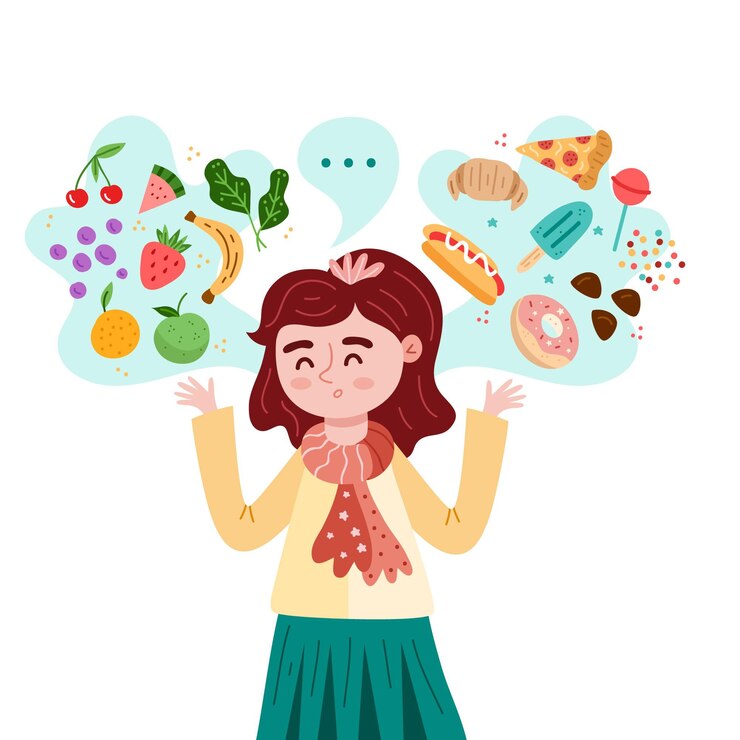
Navigating Food Allergies: Spotting Symptoms and Handling Dietary Needs
Introduction:
Food is meant to nourish and delight us, but for some, it can trigger uncomfortable or even dangerous reactions. Food allergies can be tricky to manage, but with a little knowledge and preparation, you can keep them under control and still enjoy delicious meals.
Recognizing Food Allergy Symptoms:
Food allergies occur when your immune system reacts abnormally to certain proteins in food. Symptoms can range from mild to severe and may include:
- Itching or swelling of the lips, tongue, or throat
- Hives or rash
- Nausea, vomiting, or diarrhea
- Difficulty breathing or swallowing
- Anaphylaxis, a life-threatening reaction characterized by a sudden drop in blood pressure and loss of consciousness
Common Food Allergens:
While any food has the potential to cause an allergic reaction, some are more notorious culprits than others. The most common food allergens include:
- Peanuts
- Tree nuts (e.g., almonds, walnuts)
- Shellfish (e.g., shrimp, crab)
- Fish
- Milk
- Eggs
- Soy
- Wheat
Managing Dietary Restrictions
If you or a loved one has a food allergy, here are some tips for managing dietary restrictions:
- Read Labels: Always read food labels carefully to identify potential allergens. Manufacturers are required to list common allergens on their labels.
- Communicate: Inform restaurant staff, friends, and family about your food allergy to ensure safe dining experiences.
- Carry Medication: If you have a severe food allergy, carry emergency medication like an epinephrine auto-injector (e.g., EpiPen) at all times.
- Cook at Home: Prepare meals at home using fresh, whole ingredients to minimize the risk of accidental exposure to allergens.
- Experiment with Substitutes: Explore allergen-free substitutes for your favorite foods. For example, try almond milk or soy butter as alternatives to cow’s milk and peanut butter.
Conclusion:
Food allergies can present challenges, but with vigilance and preparation, you can manage them effectively and still enjoy a wide variety of delicious foods. By recognizing symptoms, avoiding common allergens, and communicating your dietary needs, you can stay safe and healthy.
To seek medical advice, always consult a Doctor. Here are our recommended EXPERTS. Click here
To read more on SKIN. Click Here


